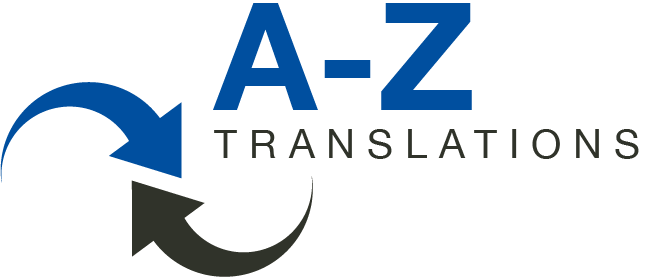Language is in constant flux as is; the influence of globalization on English, for example, is undeniable. I constantly come across words and phrases that only ten years ago would have been considered incorrect, but can now be found even in such esteemed publications as the Financial Times (one of my non-favorites: so-called). And the reason is the increasing number of non-native speakers and writers around the world expressing themselves in English, always influenced by their own native languages.
The same applies to other languages, too, of course (may I just mention the infamous Denglish word «Handy»?).
Machine translation reflects this, as well, because the data it uses also stems from all over the world. But that is not the only way in which MT might influence language.
«Post-editese», i.e. the language or perhaps dialect machines «speak», is real, as Antonino Toral from the University of Groningenin the Netherlands found out. In his paper «Post-editese: an Exacerbated Translationese» published July 1 of this year, he found that there is a definite difference between the target language a human translator produces and that coming out of a machine. Toral says:
Compared to unaided human translations, we show evidence that post-edited translations are simpler, more normalised and have more interference from the source language. Could post-editing then have a negative influence on the target language? If so, should we care about that?
I think the question is quite relevant and one worth thinking about, and not only with regard to what a translation is supposed to «sound» like (target audience, purpose etc.), but also looking at what this means for the future of a language, particularly one into which a lot of translations are done.
The question whether something is correct only because a lot of people say or write it gets a whole new meaning in this context, as well. Because if «people» soon also includes machines, does that mean language will become more «mechanical»? And is that something we should just accept?

